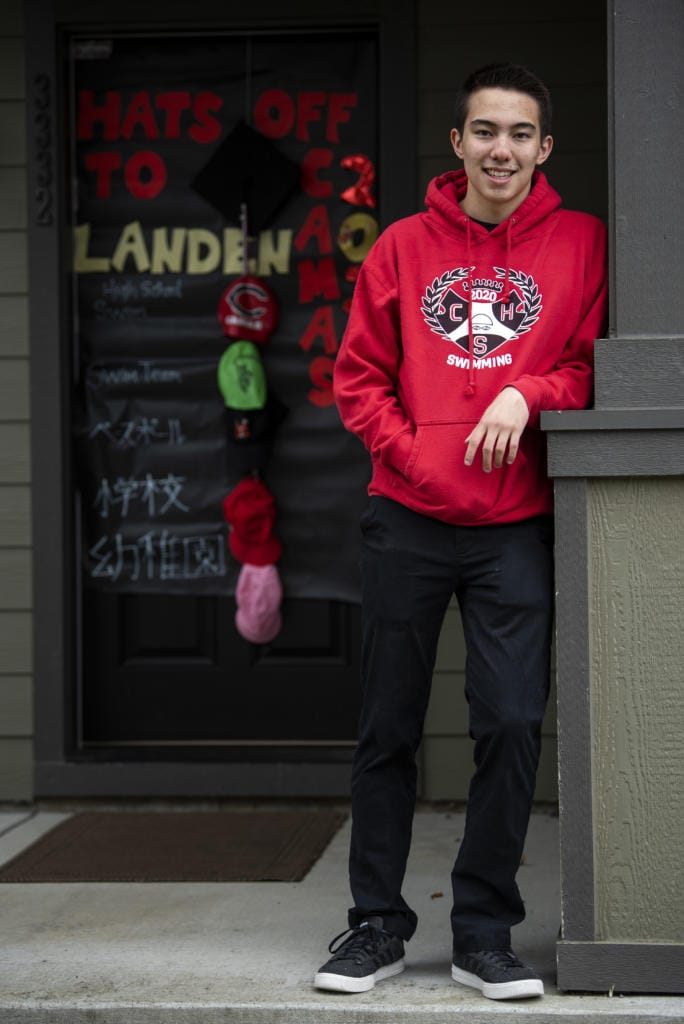May is a busy time for high school students, particularly seniors. But now, the coronavirus pandemic has canceled sports, competitions and activities, not to mention prom and graduation. What event or activity were you particularly excited for this year? Why is it important to you? How are you feeling missing it?
I was most excited for ICDC (International Career Development Conference) for DECA. For the past 4 years I have dedicated countless hours of work to perfect my testing and presentation skills, as well as my overall knowledge in business and finance to succeed in DECA. For 3 years in a row, I qualified for state and was a hair away from qualifying for international competition, getting as close to being 3 presentation points away in my freshman year from making it to the biggest stage. My senior year, I doubled down on the work and did presentation projects, one of which being a chapter project in which my partner Ava Wright and I tackled the issue of financial illiteracy in the community. As part of this project we started an investment club, taught high school and elementary classes, created a YouTube series about finance, and held a student run finance fair. This culminated in our project getting second place at state with a perfect presentation score, signifying that we had a legitimate chance at winning the international competition. As far as my individual presentation, I coincidentally came full circle and scored 3 points more than I did in my freshman year, which was just enough to qualify me for my individual project as well. This would have been my first year going to ICDC and be the culmination of all my hard work, but as fate would have it, the conference was canceled one week later due to COVID-19. The realization that I wouldn’t be able to experience this has hit me in waves; it still hasn’t fully hit me that despite doing everything I needed to finally reach my goal, I would never be able to experience ICDC. While the experiences and friends made during my 4 years in DECA alone are worth the time and effort that I put into the program, a part of me feels empty knowing that I was unable to experience and accomplish the goal of winning ICDC that I had set the beginning of my freshman year. Overall, the experience has been bittersweet: I finally pushed through my invisible barrier and reached the big stage, but it just happened to be a case of right place, wrong time.
Many of you talked about the lack of closure this year brought. Tell us about why it’s important to you to have some sense of closure on your educational experience, and what, if anything, you’re doing to make peace with the fact that this period of your life is coming to an end.
For me, my entire life has been dedicated for the most part to my studies. While graduation itself is not as important to me as graduating, the closure that it would have brought has great importance to me because it stands as a testament to the numerous hours that I have poured into school. The hardest thing to come to terms with is my departure into the real world; I am now at the point of no return, being thrown into the cold world of adulthood where no one really knows what’s going on and the security of living as a dependent vanishes away. I do not believe that I am NOT ready, I simply feel weary of what the future might hold for me.




